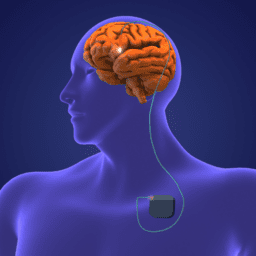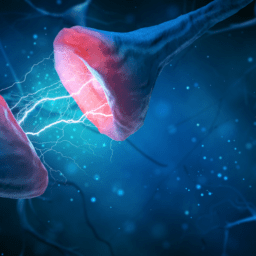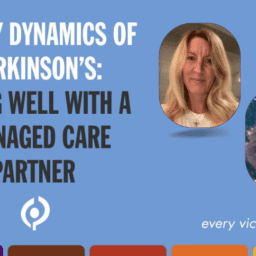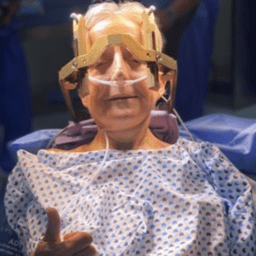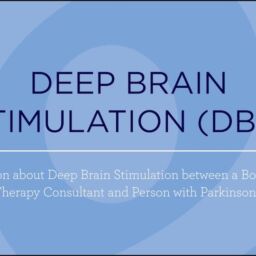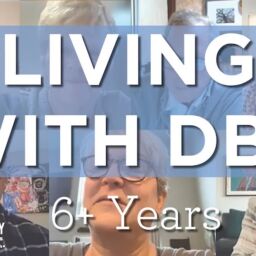Deep Brain Stimulation (DBS) has the potential to increase your quality of life in a significant way; however, it’s not the right treatment for everyone.
We recently hosted a webinar all about DBS when we talked about what it is, when to do it, how it works and how it can help you live well with Parkinson’s.
To get access to the recording of the webinar, click here.
Here’s the link to Dr. Beasley’s slides.
In addition, there were several items addressed during the webinar that we weren’t able to dig into as much as we would have liked; so, I have included a variety of links to more resources in case you’d like to learn more.
DBS: The Basics
The What, Why, How & More of DBS for the Newly Diagnosed
Life Before & After Deep Brain Stimulation (DBS)
When DBS Powers Down: A Personal Account of What Happens When the Device Stops Working
Life Before and After Deep Brain Stimulation (DBS) with Brendan Cain
OFF: The Basics
Living with Parkinson’s: What is OFF?
How to Communicate What it Means to Be OFF
DBS Devices
Abbott’s St. Jude Medical Infinity™ DBS System
Boston Scientific’s Vercise™ DBS System
Additional Reading
Deep Brain Stimulation for Parkinson’s – An Update by Invigorate PT
Does Medicare cover deep brain stimulation? It is not always an easy process to get DBS covered. Mostly because very few things about insurance are easy or simple. And every state, insurance provider and system deals with the approval process differently. We wish we could provide you the sure path so that you could bypass any of the red tape; however, the best advice we can offer is to begin working with your insurance providers earlier than you think you may need or want DBS. This way, you can avoid as many delays and surprises as possible. We know many people living with Parkinson’s who had no problem getting their DBS procedure covered and many others who encountered difficulties. We hope your experience is seamless, and when it’s time, we’d love to hear about it.
Recharge or Non-recharge Battery for DBS? On the face of it, many people wonder why they would ever opt for a battery that doesn’t recharge (a fixed battery). But again, choosing one over the other is not as simple as it seems. There are advantages and disadvantages to both. Take your time, do your research and work closely with your doctor to determine the best solution for you. In this article, one woman shares how she made her decision.
 We’d like to thank Boston Scientific for sponsoring* this webinar with Dr. Kara Beasley.
We’d like to thank Boston Scientific for sponsoring* this webinar with Dr. Kara Beasley.
*While the generous support of our sponsors makes our educational programs possible, their donations do not influence Davis Phinney Foundation content, perspective or speaker selection.
—————————————————————————————————-
Deep Brain Stimulation Webinar Part Two
And don’t forget, we’ve planned a follow-up webinar so we can answer more of your questions. Here are the details:
What: Your DBS Questions Answered
When: Wednesday, May 22, 2019, at 11 am Pacific (2 pm Eastern)
As always, we will provide a recording to all of those who register but can’t make it live.
Presenters: Davis Phinney Foundation Board Members:
Helen Brontë-Stewart, MD, MSE, John E. Cahill Family Professor, Professor of Neurology and, by courtesy, of Neurosurgery at the Stanford University Medical Center
Soania Mathur, MD, Retired family physician, speaker, writer, educator and Parkinson’s advocate
Registration information will be available soon.
Please email your questions about DBS to me at mdizon@dpf.org.
Want to make sure you never miss a webinar?
Visit our webinar calendar so you can see what’s coming up and mark your calendars.





